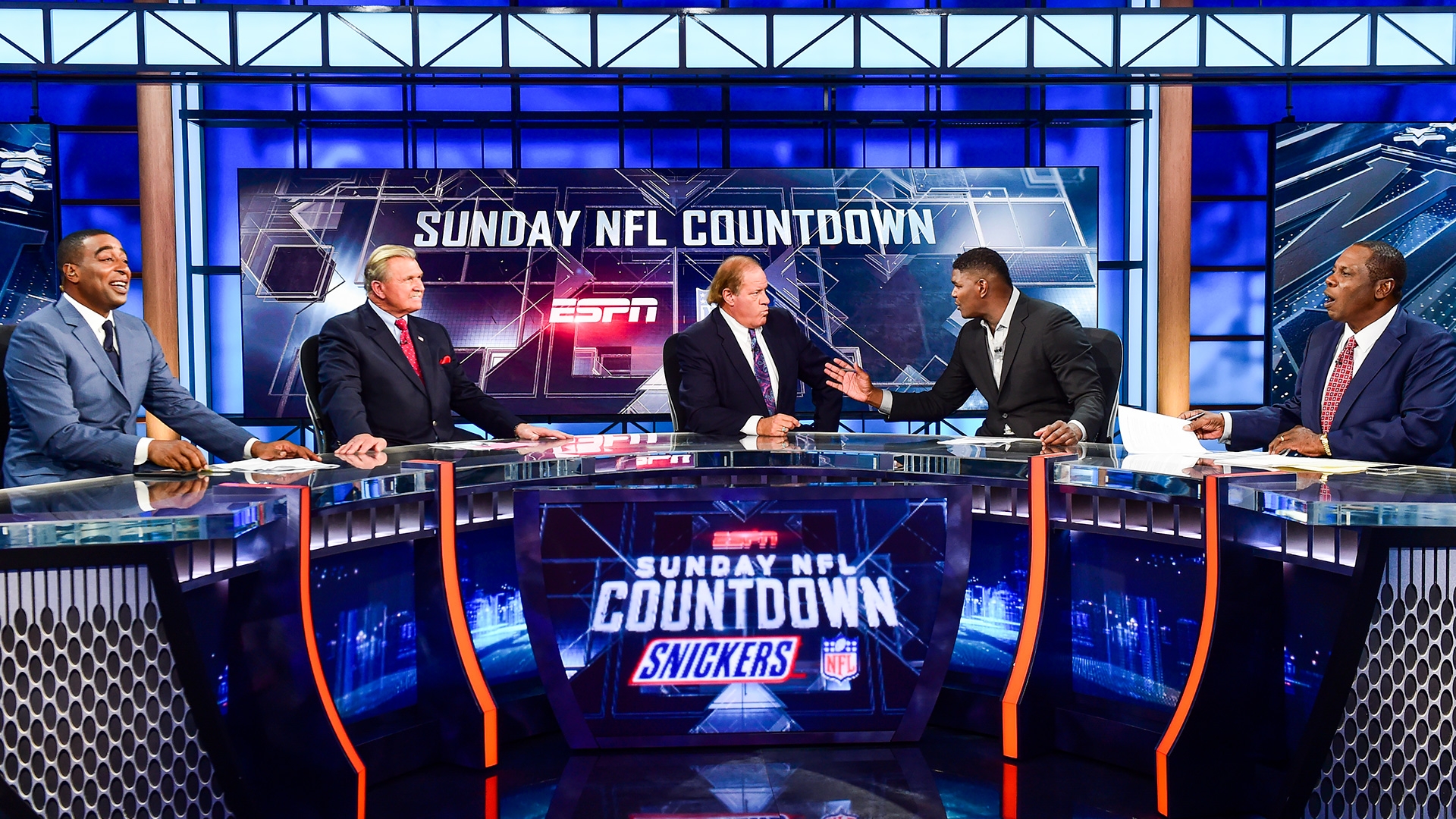nh685616@ohio.edu
If anyone watches sports, odds would point to that person also watching a broadcast of some roundtable panel talking about sports. Sport exists to be talked about. And that poses somewhat of a problem.
As Dean Starkman from the Columbia Journalism Review pointed out, sportscasting juggernaut ESPN pays leagues to allow them to show their product. That's "pays" with a capital "P." The National Football League is owed some $15.2 billion through the year 2021, and billions more are shelled out to college football, Major League Baseball, and the National Basketball Association. In short, the company is paying to show the event they are covering as news.
In other journalism circles this would be blasphemous. It is akin to paying for the production of a movie that you are reviewing. Akin to throwing money at a business you are investigating for shady business tactics. Conflicts of interest abound when it comes to the world of sports journalism.
Even the broadcasters and personalities themselves are a conflict of interest. Howard Rosenberg from the L.A. Times tells us that reporters must not participate in their stories, but remain observers. But ESPN, and ostensibly every sports reporting outlet, employ former athletes as analysts. So, as entertaining as Jalen Rose may be, as a former player he has made a career of participating in sports stories, and that carries over to their observations.
Then their are more overt instances of conflict of interest, such as ESPN pulling out of a documentary collaboration with Frontline concerning the mistreatment of concussion diagnoses in football because the NFL purportedly told them to.
 |
| Credit: Sporting News |
Something to keep in mind as this goes on; sports journalism is often not as perilous as other journalistic roads. No one is getting shot at, as is the case for war zone reporters. No one is getting robbed (depending on your view of college athletes and their lack of compensation).
Reporters in the sports world deal with contract negotiations and highlight calls, MVP races and trade rumors. While sometimes these journalists tackle real, impactful issues like the NFL's concussion epidemic, and sports often have incalculable effects on the world, like JJ Watt's hurricane relief effort, it is not life-or-death issues being reported on, as is the case with other avenues of journalism. In fact, the sole purpose of sports journalism is to give sports leagues and athletes a place to be discussed, and vice versa professional sports are largely only around in order to be watched and reported on. As I said previously, sport exists to be talked about.
So here the sports industry lies, chasing its own tail of essentially paying for itself. ESPN gives money to the NFL so that the NFL can be reported on by ESPN who then gives the money they generate through people watching to the NFL so that they can report some more. It's a self-serving, self-contained cycle that operates not as a necessity like traditional journalism, but as an entertainment outlet to be enjoyed and debated about.
Perhaps that is why these obvious conflicts of interest seem to slip past without being called out, because ESPN and sports journalism at large is essentially like a TV show, with every football year being a brand new season of that show with brand new storylines and characters. It is simultaneously journalism and sheer recreation.
And with $15.2+ billion being passed around, it's high-priced recreation at that.
No comments:
Post a Comment